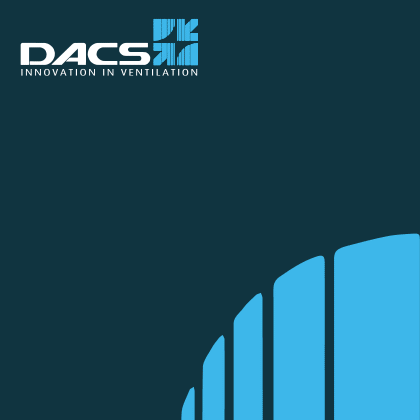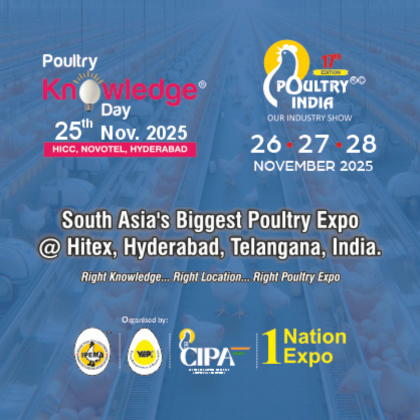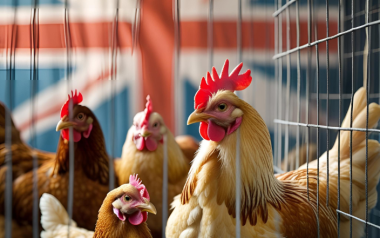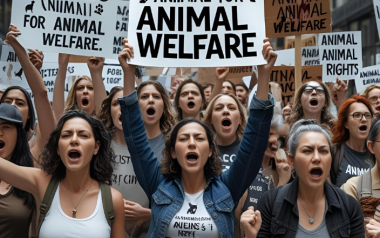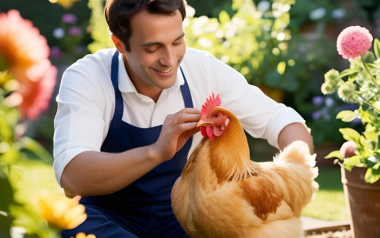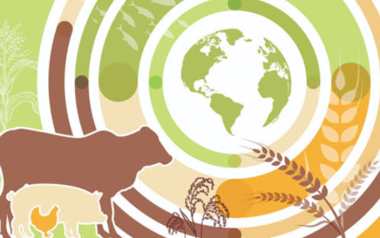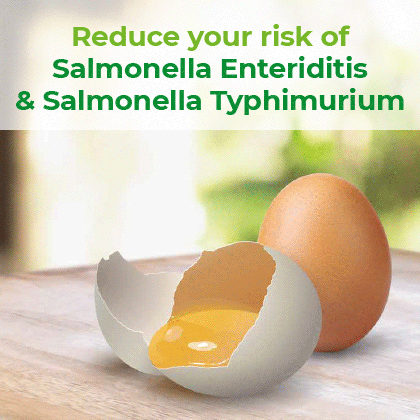15 Feb 2023
Physiological markers of stress in broiler chickens
Stress is an animal response caused during the adaptation to different adverse factors. It has been described as an effect of extreme...
Stress is an animal response caused during the adaptation to different adverse factors. It has been described as an effect of extreme temperatures, either hot or cold, high stocking density, lack of feed, inadequate management, noise, etc.
Therefore, once the birds are exposed to one of the mentioned stress situations, it results in immunological or metabolic consequences such as:
- Regression of immune protective organs
- Reduction of the oxidative metabolic capacity of mitochondria
- Deficit of antioxidant reserves and
- Changes in the activity of antioxidant enzymes
Some of the effects the birds have shown are related to decreased body weight, high susceptibility to diseases, high feed conversion ratio, infertility, immune suppression, and finally, death when the animals are exposed to constant stress.
Thus, it is necessary to have easy-to-assay markers of physiological stress in broilers that allow for quick detection of this condition and optimize production efficiency.
Different techniques, such as corticosterone, has been proposed, but this required much time, specialized expertise, and it is costly. There are other methods, for example, hematological and serum biochemical markers, which are helpful in evaluating stress responses. These methods are easier and cheaper, and it is not needed much expertise and cost of equipment.
According to this, a study by Nwaigwe et al. (2020) evaluated the hematological and clinical biochemical markers of stress in broiler chickens.
In this research, the broilers were exposed to two different physiological stressors, feed deprivation and high stocking density.
Material and methods:
Thirty-day-old chicks were distributed into three groups of ten broilers, each up to 56 days of age. The groups were classified as follows:
- Group 1 broilers served as the control and were not exposed to any stressors
- Group 2 broilers were stocked at the stress density of 50 kg BW m–2 from day 49 to 56
- Group 3 broilers had their feed withdrawn 36 h before blood collection on day 56
Blood samples were collected from all birds on day 49, considered the
TO CONTINUE READING REGISTER IT IS COMPLETELY FREE
Access to articles in PDF
Keep up to date with our newsletters
Receive the magazine for free in digital version
REGISTRATION
ACCESS
YOUR ACCOUNT
LOGIN
Lost your password?




